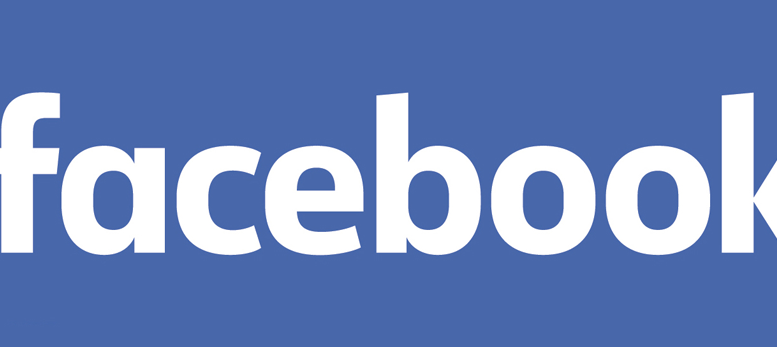A while ago, I read this article on ZDNet. In it, author Tiernan Ray tries to make the point that Facebook in 2021 is a lot like AOL in, say, 1997. That it’s a rapidly fading concern that has less and less relevance as users increasingly move to less restrictive online activities. There are a lot of flaws in the article. I don’t want to be disrespectful to the author, but the fact — for better or worse — is that AOL continued to be relevant for about another ten years after the technorati dismissed it. AOL was the most powerful media company in the world in 2001, and still had enough value that Verizon paid four billion dollars for it in 2009. Yes, it was less socially relevant, but it was still there. And it’s still there today. It’s just not in the mainstream.
But none of that is the point
The real point of the article is that Facebook’s days as an arbiter of public opinion may be on the wane. Here, the author is right. In fact, I first offered my opinion on this subject three years ago in this article. Things haven’t gotten better since then.
Facebook, which most of us became aware of in 2009, has morphed into a mess of a social media service that many folks desperately want to walk away from. In the last five years, they’ve systematically changed from a way for people to connect with the ones they love to a way for advertisers to connect with the people they want to reach.
Not that there’s anything wrong with that, of course. Advertising is what keeps apps like Facebook going. But the laser focus of their ad efforts has left a bad taste in the mouths of its users. Facebook has increasingly seemed like a way to reinforce the walls of your own bubble, to be surrounded by only like-minded people and still feel like you’re connected to everyone.
And so, as a social network, Facebook may be headed out. It’s been a good run, and it will probably continue for years. But the days when Facebook (the social network) was at the top of the heap may be behind it.
Facebook is dead, long live Facebook
For a while, it looked like the natural replacement for Facebook was… Facebook. Or, at least a subsidiary of Facebook. Facebook owns Instagram, in case you hadn’t noticed. The younger generation glommed on to Instagram because it was more of what they wanted and less of what they didn’t.
Facebook’s defining feature for many people, myself included, is the way you can post links. This, along with the app’s built-in news feed, is the way a lot of people get their information. Sometimes it’s the only way they get their information. Instagram lets you post links, but they’re only text and don’t give you context.
That’s because Instagram is designed to feature its users, not the content its users read. In other words, it’s all about YOU. This limits (but doesn’t eliminate) the political slant Facebook is known for. You can still be political, but you need to actually type something first.
And now, TikTok
Still, for all its popularity in the past few years, it seems that Instagram may have merely been a gateway drug to TikTok. By now you’ve heard of TikTok and you might have an account. It started for a way for minors to post dance moves and has moved on to become a mover and shaker of public opinion. TikTok rewards effort, as its videos can be adorned with more filters, text, and generally better production value. TikTok videos are short and often represent the distillation of an idea to its absolute simplest form.
Although TikTok isn’t without its controversy — the app’s Chinese roots and expansive terms and conditions raised a lot of eyebrows — it’s become ubiquitous. No longer just a haven for Generation Z, it’s now a marketing force in its own right. And that puts Facebook even further behind.
Ladies and gentlemen, I bring you the future
The ZDNet article peters out a bit at the end, never giving you firm predictions for the future. If you’ve read this blog before you know that I’m not afraid of predicting. I’m wrong a lot, and I’m right a lot. So here goes.
Facebook will stay around for a while longer. We’ve all become smarter in the way we use it, and that’s good. While Facebook was a major factor in the last four Presidential elections, it’s not likely to factor in the next one. In fact, it’s likely to slowly return to its original roots as a way for Gen X and Boomers to keep tabs on one another. And that’s about it. By 2030, Facebook’s parent company (confusingly also called Facebook) will be sold to someone else, primarily for its advertising capabilities.
In the meantime, I have to project that Twitter will continue to decline, Instagram will slowly drop in popularity, and just about the time that everyone is comfortable with TikTok, something else will come along. There’s always something new on the horizon. Let’s hope it’s a little less polarizing and disquieting than some of today’s social networks.





